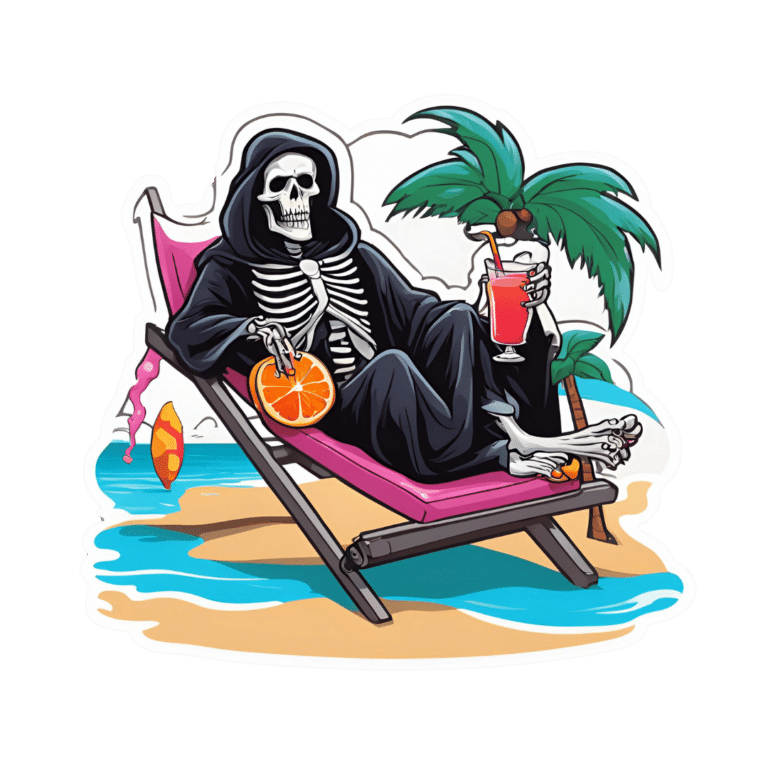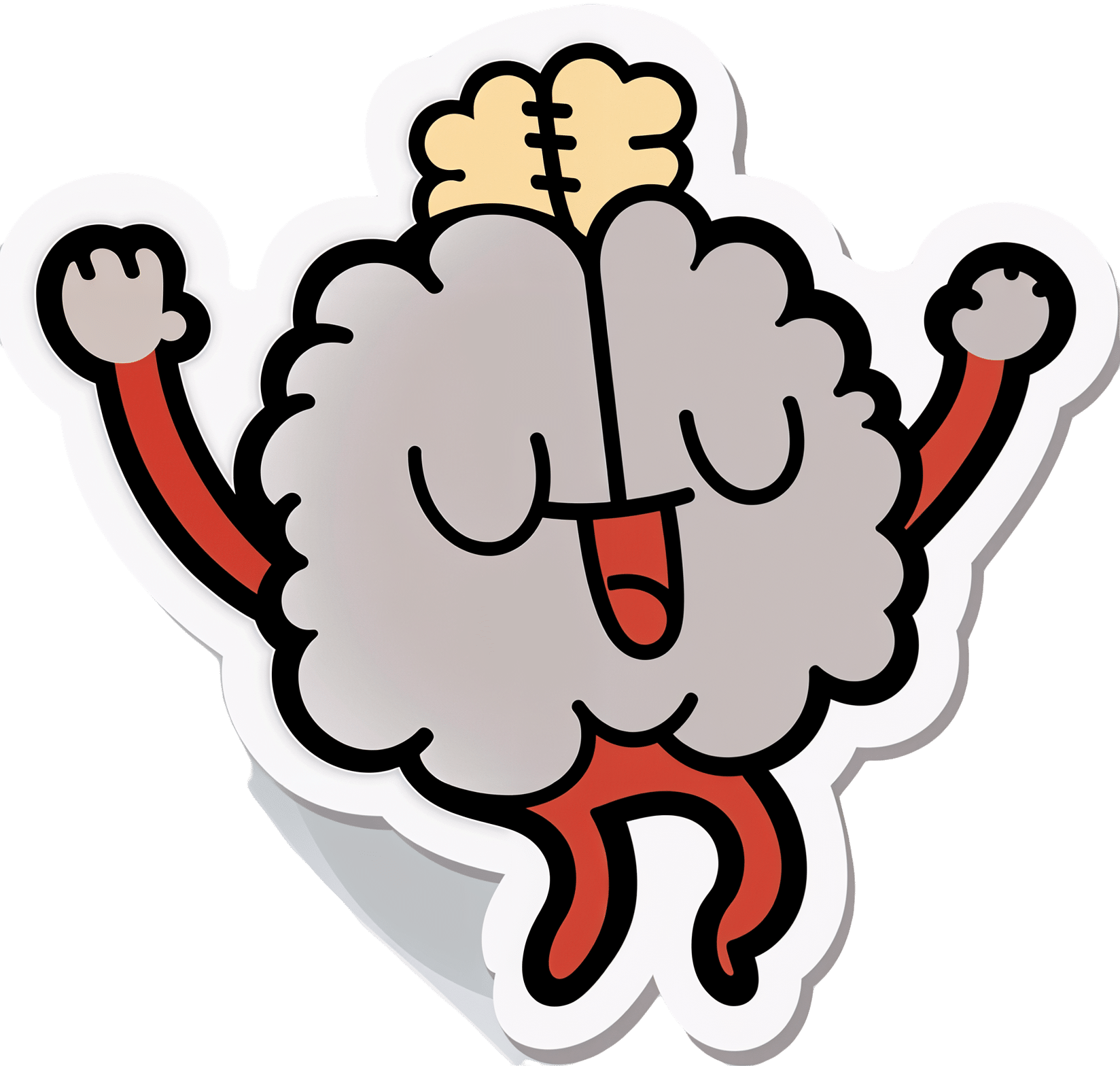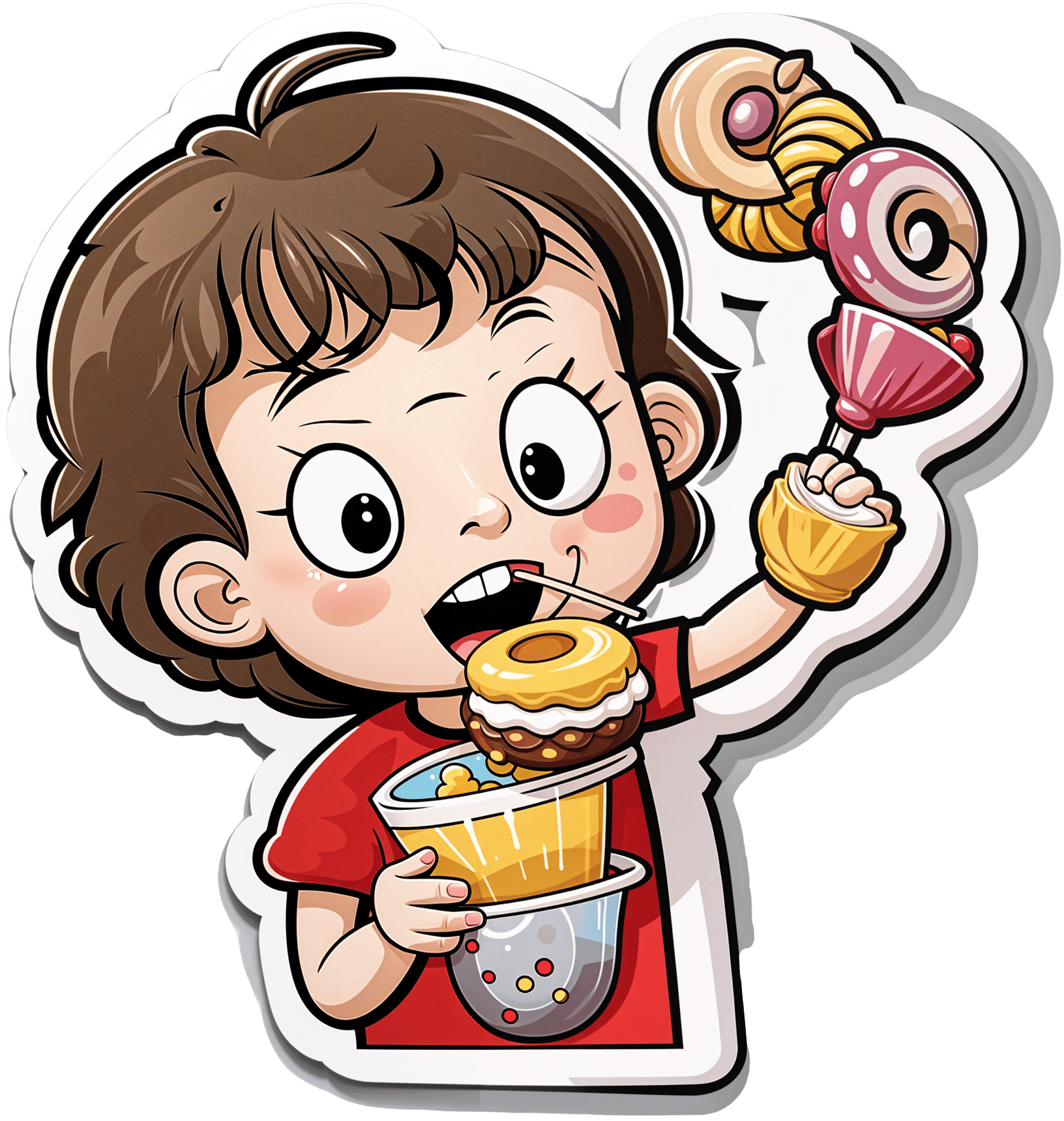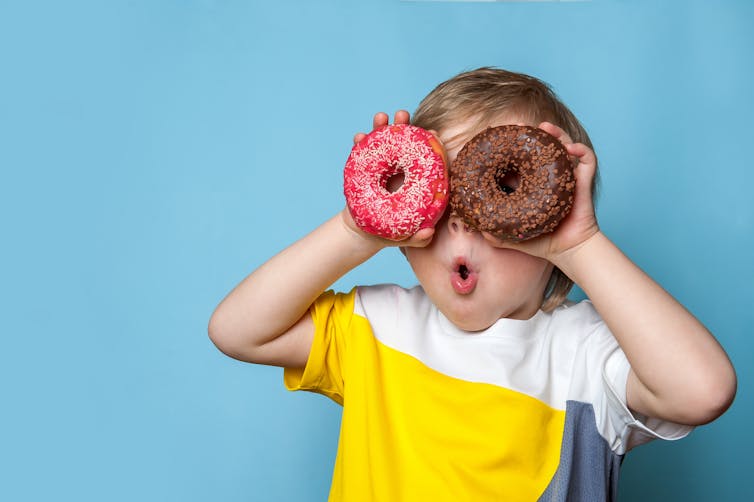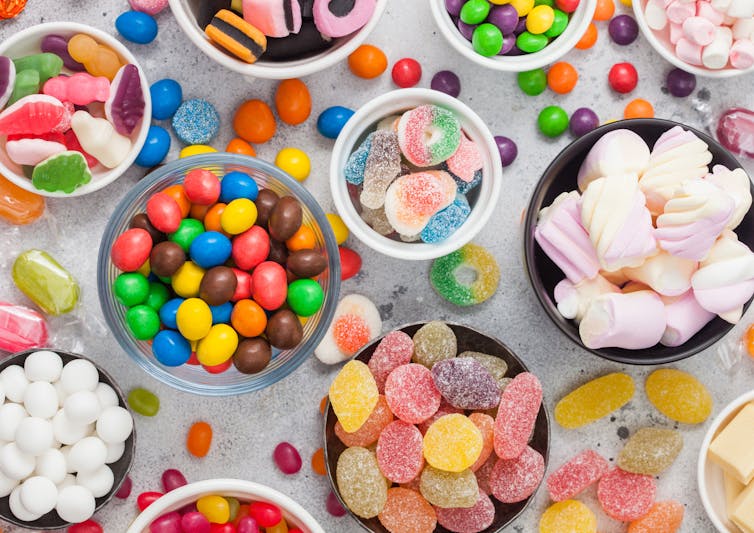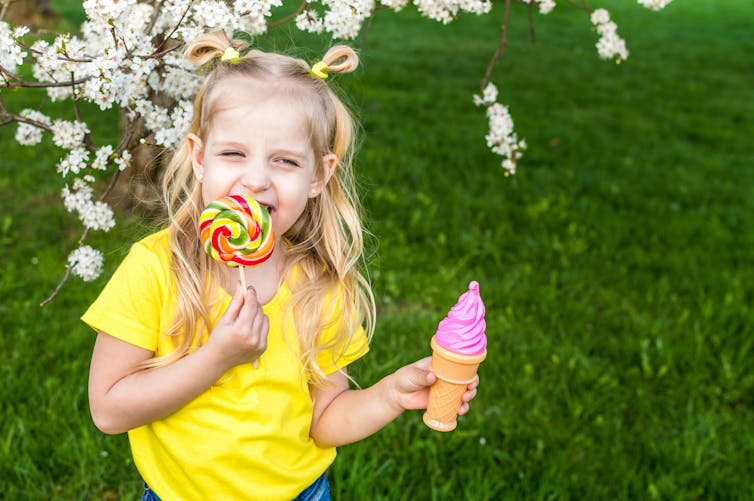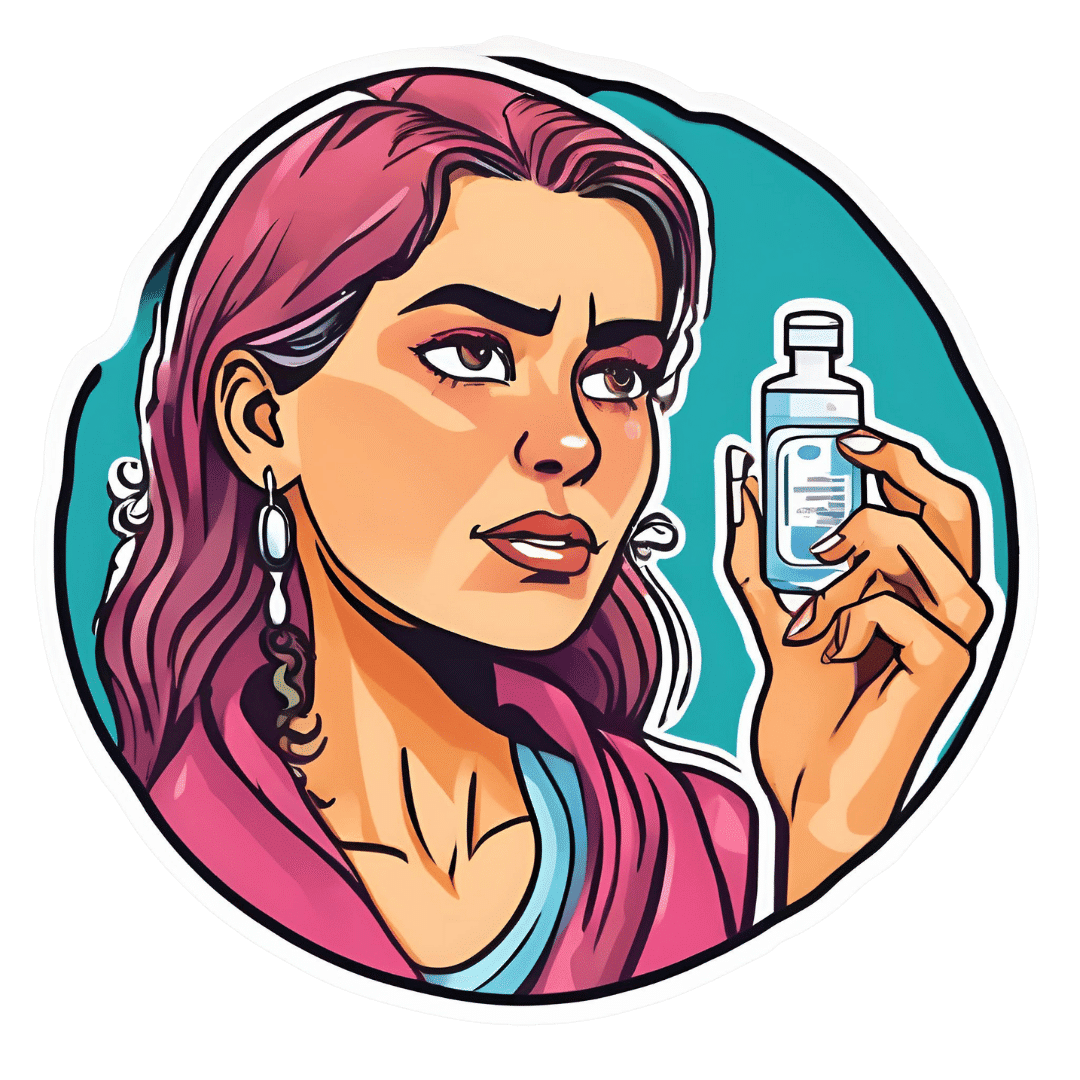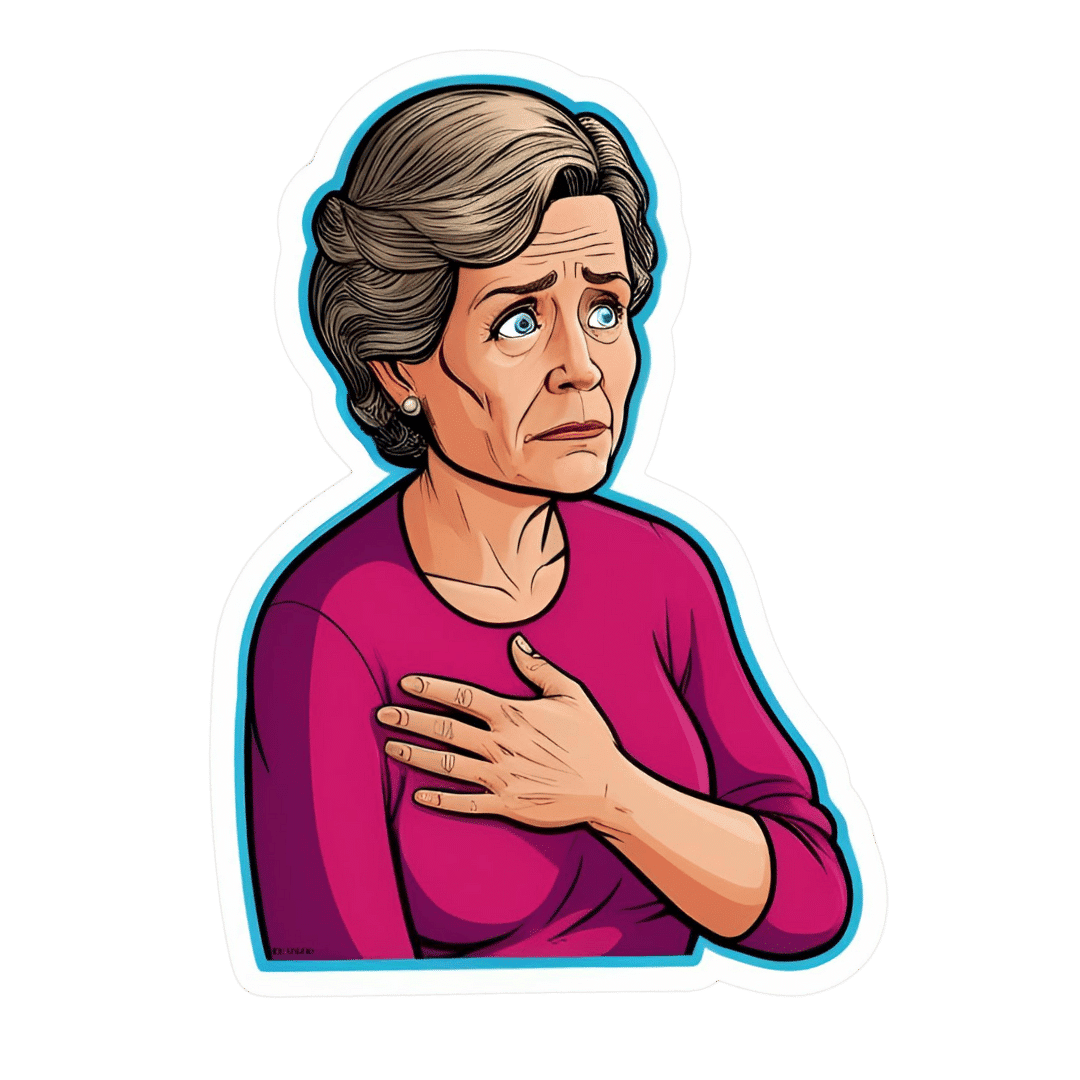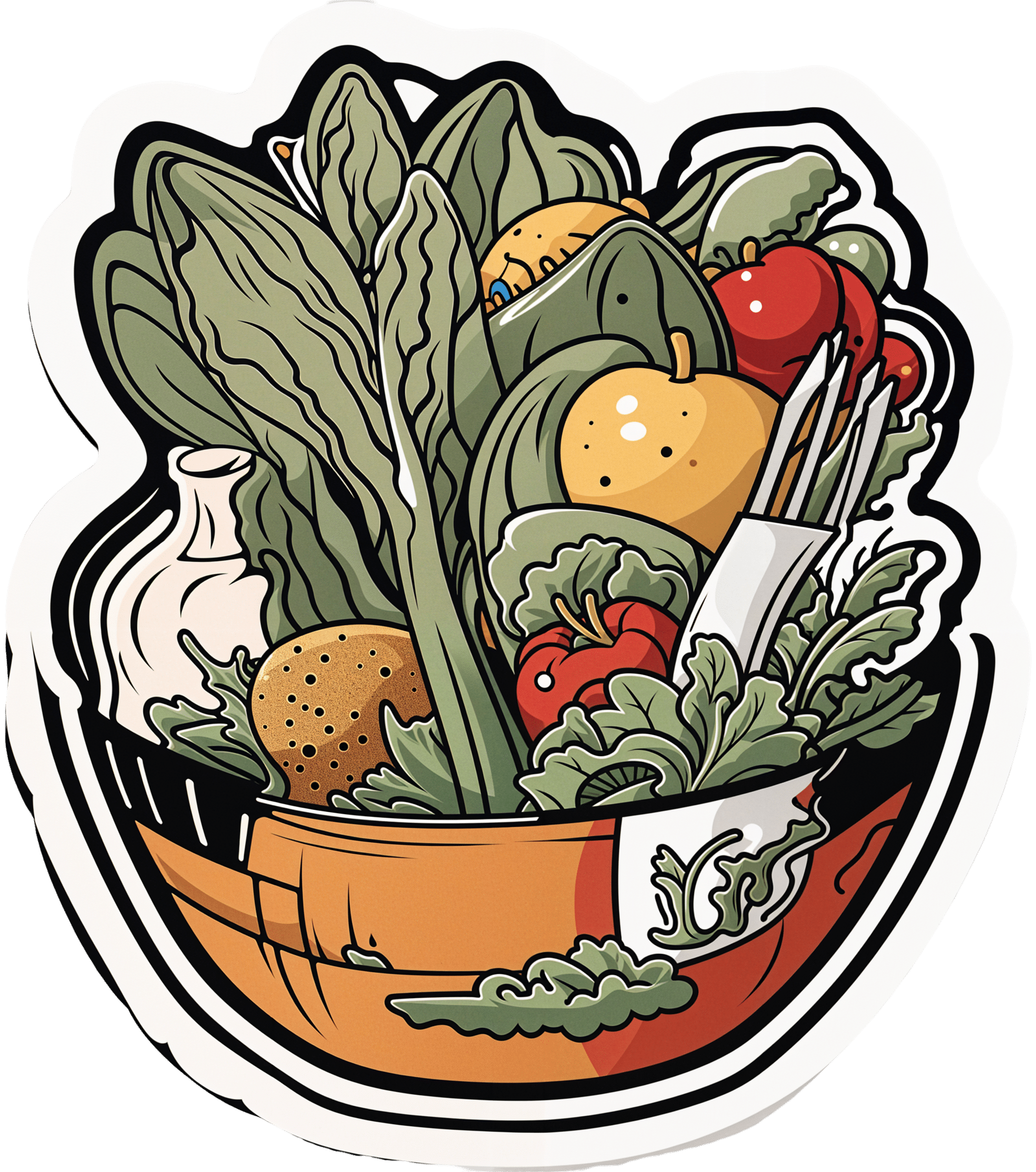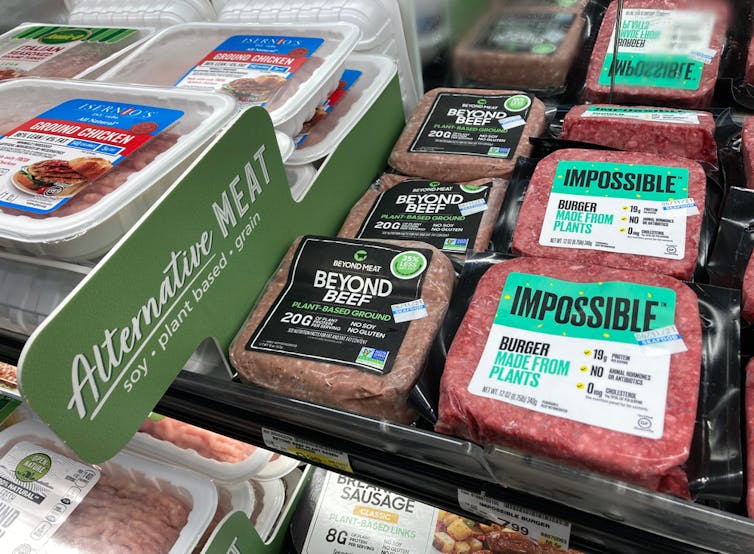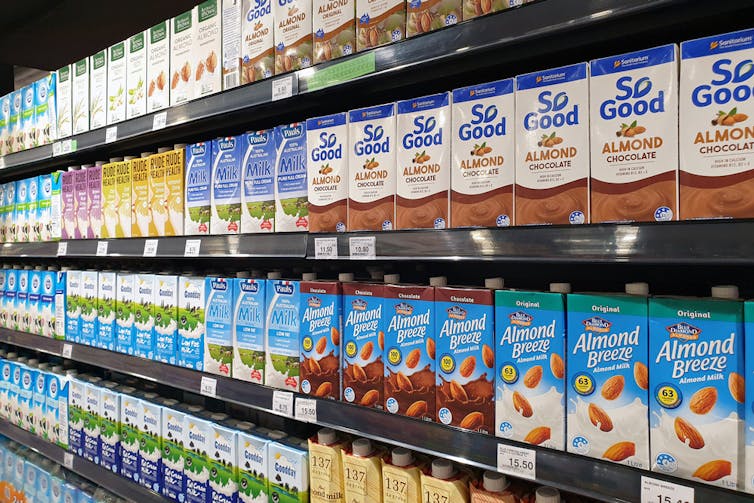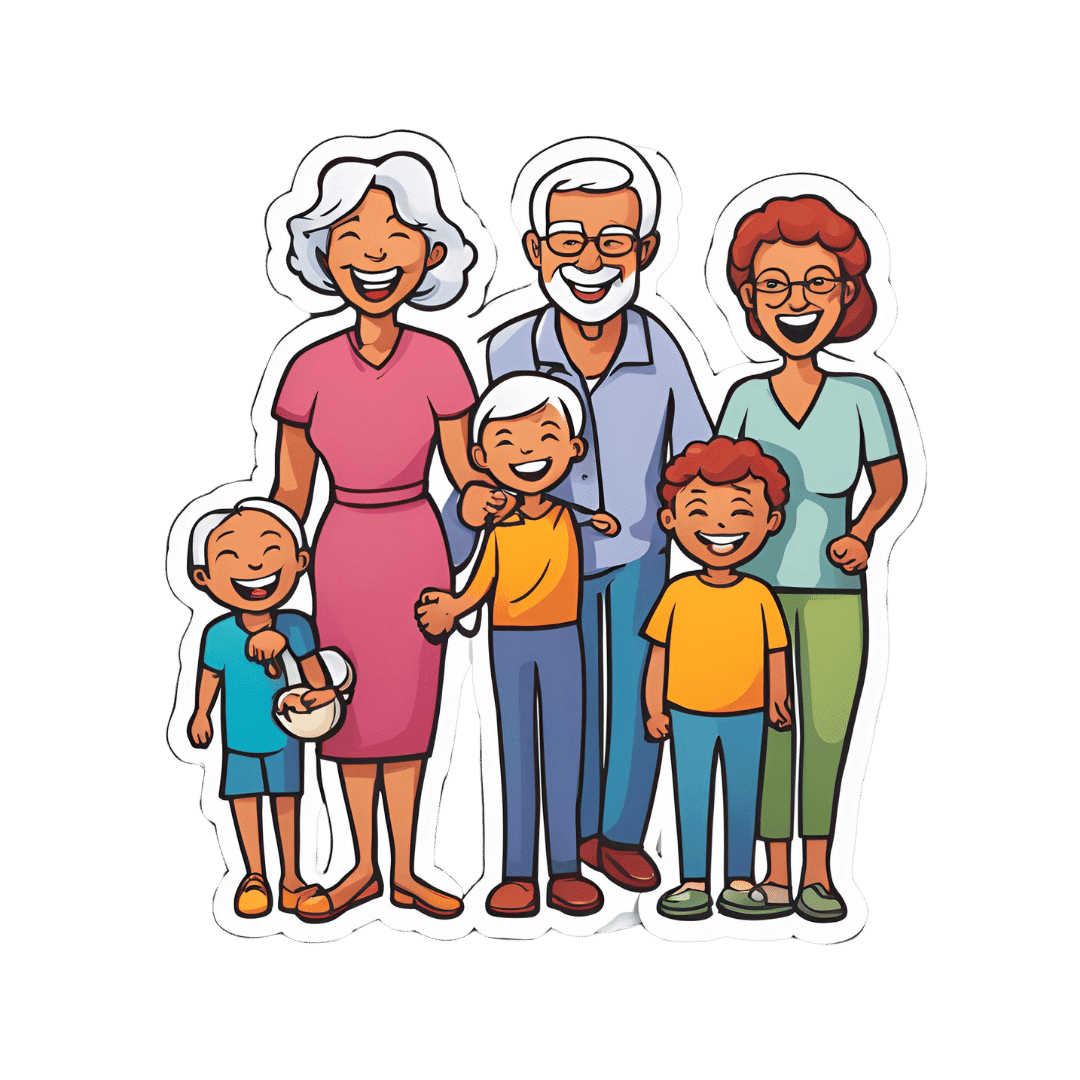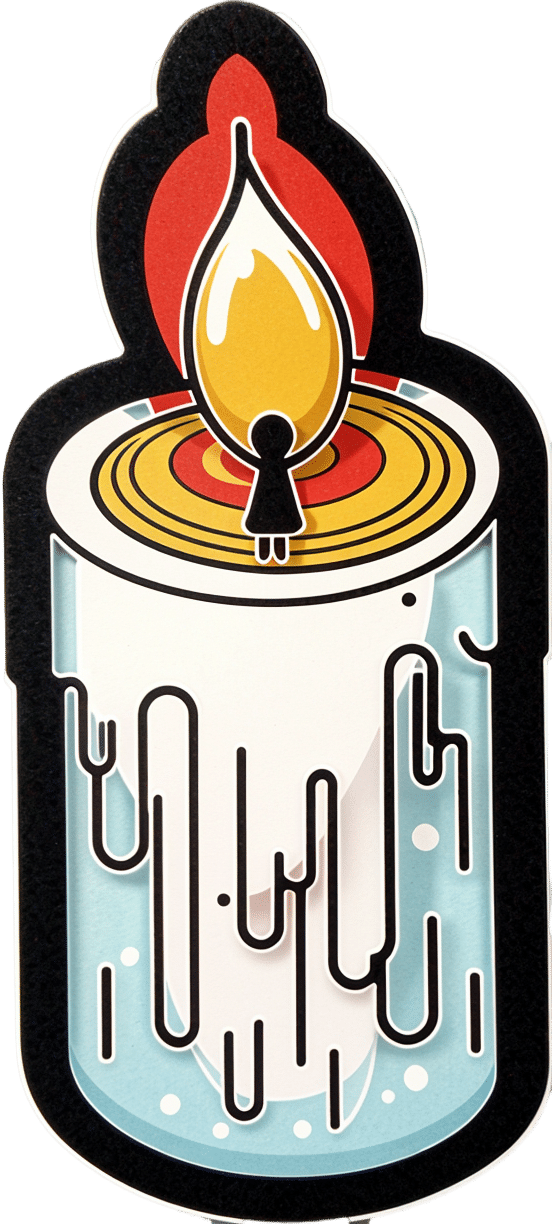
Burned Out By Tuesday?
10almonds is reader-supported. We may, at no cost to you, receive a portion of sales if you purchase a product through a link in this article.
Avoiding Burnout, The Active Way
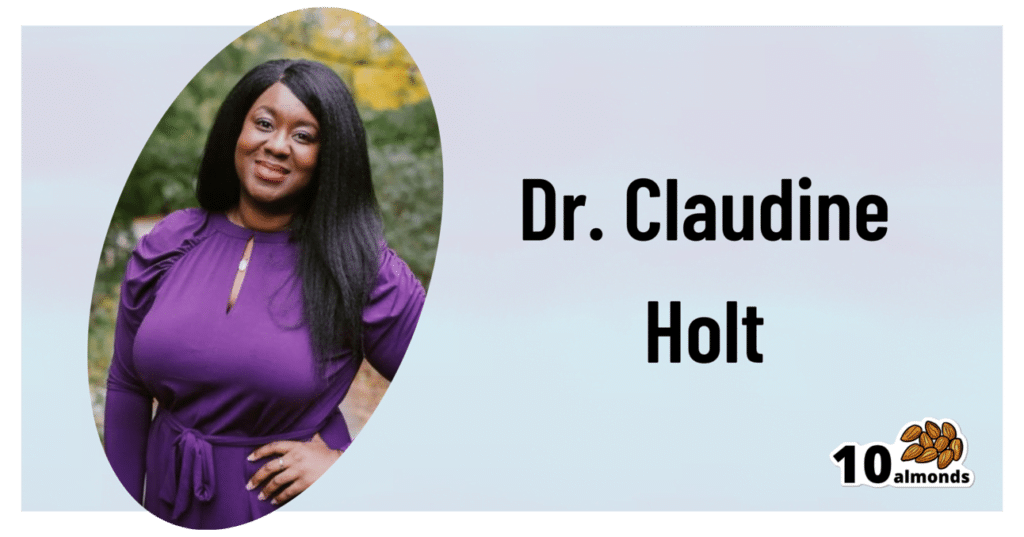
This is Dr. Claudine Holt. She’s double board-certified, in Occupational & Environmental Medicine, and Lifestyle Medicine.
In short: preventative medicine in all parts of our life.
Hopefully, you are reading this bright-eyed and bushy-tailed and ready to take on another exciting day in this wonderful, beautiful world!
On the other hand, it’s possible that you’re reading this semi-focussed, looking for a crumb of dopamine as much as you are looking for information.
If you’ve ever had the “What a week!” / “It’s only Tuesday” moment, this one’s for you.
What does Dr. Holt want us to know?
You can recover from burnout without guilt
Sometimes, we overreach ourselves. Sometimes, life overreaches us! Sometimes it’s not that we overcommitted—it’s just that we were taking each day as it comes, but sometimes several days gang up on us at once.
Sometimes, even, we can feel exhausted when it seems like we haven’t done anything.
Note: if you feel exhausted and it seems like you haven’t done anything, then be aware: you are exhausted for a reason!
What that reason might be may vary, but contrary to popular belief, energy does not just vanish. It went somewhere.
This goes double if you have any chronic illness(es), even if you’re not aware of having had a flare-up, chances are you were just exceptionally busy (on a cellular level).
And it’s easy to think that “mere” cellular activity shouldn’t be exhausting, but that is 100% of where our energy transactions happen—whether or not we are consciously aware of them!
See also: Eat To Beat Chronic Fatigue ← yes, this also covers when you are too exhausted to shop and cook like a TV chef
Dr. Holt specializes in working with burned out medical professionals (and also specifically specializes in working with women), but there are lessons for everyone in her advice. For example:
Fiction: ”Medicine is my calling–it’s who I am.”
Fact: You are more than medicine! Remember that your career is just one aspect of your life. Don’t forget to create your big-picture vision and tend the garden of the other areas of your life too.
Read more: Dr. Claudine Holt | Burnout: Fact vs Fiction
This same thing can go for whatever part of your identity frequently follows “I’m a…”, and is somewhere that you put a lot of your energy; it could equally be a non-professional job like “homemaker”, or a relational status like “husband”, or a cultural identifier like “Christian”, or a hobby like “gardener” (assuming that is not also your profession, in which case, same item, different category).
Indeed, a lot of women especially get hit by “the triple burden” of professional work, housework, and childcare. And it’s not even necessarily that we resent any of those things or feel like they’re a burden; we (hopefully) love our professions, homes, children. But, here’s the thing:
No amount of love will add extra hours to the day.
So what does she recommend doing about it, when sometimes we’re juggling things that can’t be dropped?
Start simple, but start!
Dr. Holt recommends to start with a smile (yes even if, and sometimes especially when, the circumstances do not feel like they merit it), and deploy some CBT tools:
Two Hacks to Quickly Rise Above Burnout (Or Any Circumstance)
We’ve expanded on this topic here:
With a more level head on, it becomes easier to take on the next step, which creating healthy boundaries—and that doesn’t just mean with other people!
It also means slaying our own perfectionism and imposter syndrome—both things that will have us chasing our tails 36 hours per day if we let them.
See also:
- Perfectionism, And How To Make Yours Work For You
- Imposter Syndrome (And Why Almost Everyone Has It)
❝Burnout is the culture of our times. A culture that expects us to do more and think our way out of everything. A culture that asks for more than the body can bear. Unfortunately, even though the situation might not be of our creation, burnout culture is our inheritance.
An inheritance we can either perpetuate—or change—depending on what we embody.❞
Source: The Embodied MD on Burnout with Dr Claudine Holt
That “embodiment” is partly our choices and actions that we bring and own just as we bring and own our body—and it’s partly our relationship with our body itself, and learning to love it, and work with it to achieve wonderful things, instead of just getting through the day.
Which yes, does also mean making space for good diet, exercise, sleep and so forth, per:
These Top Five Things Make The Biggest Difference To Health
Want to know more?
You might like to check out Dr. Holt’s website:
The Embodied M.D. | Burnout Coach
…where she also offers resources such as a blog and a podcast.
Enjoy!
Don’t Forget…
Did you arrive here from our newsletter? Don’t forget to return to the email to continue learning!
Recommended
Learn to Age Gracefully
Join the 98k+ American women taking control of their health & aging with our 100% free (and fun!) daily emails:
-
The Mental Health First-Aid That You’ll Hopefully Never Need
10almonds is reader-supported. We may, at no cost to you, receive a portion of sales if you purchase a product through a link in this article.
Take Your Mental Health As Seriously As General Health!
Sometimes, health and productivity means excelling—sometimes, it means avoiding illness and unproductivity. Both are essential, and today we’re going to tackle some ground-up stuff. If you don’t need it right now, great; we suggest to read it for when and if you do. But how likely is it that you will?
- One in four of us are affected by serious mental health issues in any given year.
- One in five of us have suicidal thoughts at some point in our lifetime.
- One in six of us are affected to at least some extent by the most commonly-reported mental health issues, anxiety and depression, in any given week.
…and that’s just what’s reported, of course. These stats are from a UK-based source but can be considered indicative generally. Jokes aside, the UK is not a special case and is not measurably worse for people’s mental health than, say, the US or Canada.
While this is not an inherently cheery topic, we think it’s an important one.
Depression, which we’re going to focus on today, is very very much a killer to both health and productivity, after all.
One of the most commonly-used measures of depression is known by the snappy name of “PHQ9”. It stands for “Patient Health Questionnaire Nine”, and you can take it anonymously online for free (without signing up for anything; it’s right there on the page already):
Take The PHQ9 Test Here! (under 2 minutes, immediate results)
There’s a chance you took that test and your score was, well, depressing. There’s also a chance you’re doing just peachy, or maybe somewhere in between. PHQ9 scores can fluctuate over time (because they focus on the past two weeks, and also rely on self-reports in the moment), so you might want to bookmark it to test again periodically. It can be interesting to track over time.
In the event that you’re struggling (or: in case one day you find yourself struggling, or want to be able to support a loved one who is struggling), some top tips that are useful:
Accept that it’s a medical condition like any other
Which means some important things:
- You/they are not lazy or otherwise being a bad person by being depressed
- You/they will probably get better at some point, especially if help is available
- You/they cannot, however, “just snap out of it”; illness doesn’t work that way
- Medication might help (it also might not)
Do what you can, how you can, when you can
Everyone knows the advice to exercise as a remedy for depression, and indeed, exercise helps many. Unfortunately, it’s not always that easy.
Did you ever see the 80s kids’ movie “The Neverending Story”? There’s a scene in which the young hero Atreyu must traverse the “Swamp of Sadness”, and while he has a magical talisman that protects him, his beloved horse Artax is not so lucky; he slows down, and eventually stops still, sinking slowly into the swamp. Atreyu pulls at him and begs him to keep going, but—despite being many times bigger and stronger than Atreyu, the horse just sinks into the swamp, literally drowning in despair.
See the scene: The Neverending Story movie clip – Artax and the Swamp of Sadness (1984)
Wow, they really don’t make kids’ movies like they used to, do they?
But, depression is very much like that, and advice “exercise to feel less depressed!” falls short of actually being helpful, when one is too depressed to do it.
If you’re in the position of supporting someone who’s depressed, the best tool in your toolbox will be not “here’s why you should do this” (they don’t care; not because they’re an uncaring person by nature, but because they are physiologically impeded from caring about themself at this time), but rather:
“please do this with me”
The reason this has a better chance of working is because the depressed person will in all likelihood be unable to care enough to raise and/or maintain an objection, and while they can’t remember why they should care about themself, they’re more likely to remember that they should care about you, and so will go with your want/need more easily than with their own. It’s not a magic bullet, but it’s worth a shot.
What if I’m the depressed person, though?
Honestly, the same, if there’s someone around you that you do care about; do what you can to look after you, for them, if that means you can find some extra motivation.
But I’m all alone… what now?
Firstly, you don’t have to be alone. There are free services that you can access, for example:
- US: https://nami.org/help
- Canada: https://www.wellnesstogether.ca/en-CA
- UK: https://www.samaritans.org/
…which varyingly offer advice, free phone services, webchats, and the like.
But also, there are ways you can look after yourself a little bit; do the things you’d advise someone else to do, even if you’re sure they won’t work:
- Take a little walk around the block
- Put the lights on when you’re not sleeping
- For that matter, get out of bed when you’re not sleeping. Literally lie on the floor if necessary, but change your location.
- Change your bedding, or at least your clothes
- If changing the bedding is too much, change just the pillowcase
- If changing your clothes is too much, change just one item of clothing
- Drink some water; it won’t magically cure you, but you’ll be in slightly better order
- On the topic of water, splash some on your face, if showering/bathing is too much right now
- Do something creative (that’s not self-harm). You may scoff at the notion of “art therapy” helping, but this is a way to get at least some of the lights on in areas of your brain that are a little dark right now. Worst case scenario is it’ll be a distraction from your problems, so give it a try.
- Find a connection to community—whatever that means to you—even if you don’t feel you can join it right now. Discover that there are people out there who would welcome you if you were able to go join them. Maybe one day you will!
- Hiding from the world? That’s probably not healthy, but while you’re hiding, take the time to read those books (write those books, if you’re so inclined), learn that new language, take up chess, take up baking, whatever. If you can find something that means anything to you, go with that for now, ride that wave. Motivation’s hard to come by during depression and you might let many things slide; you might as well get something out of this period if you can.
If you’re not depressed right now but you know you’re predisposed to such / can slip that way?
Write yourself instructions now. Copy the above list if you like.
Most of all: have a “things to do when I don’t feel like doing anything” list.
If you only take one piece of advice from today’s newsletter, let that one be it!
Share This Post
-
No, sugar doesn’t make your kids hyperactive
10almonds is reader-supported. We may, at no cost to you, receive a portion of sales if you purchase a product through a link in this article.
It’s a Saturday afternoon at a kids’ birthday party. Hordes of children are swarming between the spread of birthday treats and party games. Half-eaten cupcakes, biscuits and lollies litter the floor, and the kids seem to have gained superhuman speed and bounce-off-the-wall energy. But is sugar to blame?
The belief that eating sugary foods and drinks leads to hyperactivity has steadfastly persisted for decades. And parents have curtailed their children’s intake accordingly.
Balanced nutrition is critical during childhood. As a neuroscientist who has studied the negative effects of high sugar “junk food” diets on brain function, I can confidently say excessive sugar consumption does not have benefits to the young mind. In fact, neuroimaging studies show the brains of children who eat more processed snack foods are smaller in volume, particularly in the frontal cortices, than those of children who eat a more healthful diet.
But today’s scientific evidence does not support the claim sugar makes kids hyperactive.
Sharomka/Shutterstock The hyperactivity myth
Sugar is a rapid source of fuel for the body. The myth of sugar-induced hyperactivity can be traced to a handful of studies conducted in the 1970s and early 1980s. These were focused on the Feingold Diet as a treatment for what we now call Attention Deficit Hyperactivity Disorder (ADHD), a neurodivergent profile where problems with inattention and/or hyperactivity and impulsivity can negatively affect school, work or relationships.
Devised by American paediatric allergist Benjamin Feingold, the diet is extremely restrictive. Artificial colours, sweeteners (including sugar) and flavourings, salicylates including aspirin, and three preservatives (butylated hydroxyanisole, butylated hydroxytoluene, and tert-Butrylhdryquinone) are eliminated.
Salicylates occur naturally in many healthy foods, including apples, berries, tomatoes, broccoli, cucumbers, capsicums, nuts, seeds, spices and some grains. So, as well as eliminating processed foods containing artificial colours, flavours, preservatives and sweeteners, the Feingold diet eliminates many nutritious foods helpful for healthy development.
However, Feingold believed avoiding these ingredients improved focus and behaviour. He conducted some small studies, which he claimed showed a large proportion of hyperactive children responded favourably to his diet.
Even it doesn’t make kids hyperactive, they shouldn’t have too much sugar. DenisMArt/Shutterstock Flawed by design
The methods used in the studies were flawed, particularly with respect to adequate control groups (who did not restrict foods) and failed to establish a causal link between sugar consumption and hyperactive behaviour.
Subsequent studies suggested less than 2% responded to restrictions rather than Feingold’s claimed 75%. But the idea still took hold in the public consciousness and was perpetuated by anecdotal experiences.
Fast forward to the present day. The scientific landscape looks vastly different. Rigorous research conducted by experts has consistently failed to find a connection between sugar and hyperactivity. Numerous placebo-controlled studies have demonstrated sugar does not significantly impact children’s behaviour or attention span.
One landmark meta-analysis study, published almost 20 years ago, compared the effects of sugar versus a placebo on children’s behaviour across multiple studies. The results were clear: in the vast majority of studies, sugar consumption did not lead to increased hyperactivity or disruptive behaviour.
Subsequent research has reinforced these findings, providing further evidence sugar does not cause hyperactivity in children, even in those diagnosed with ADHD.
While Feingold’s original claims were overstated, a small proportion of children do experience allergies to artificial food flavourings and dyes.
Pre-school aged children may be more sensitive to food additives than older children. This is potentially due to their smaller body size, or their still-developing brain and body.
Hooked on dopamine?
Although the link between sugar and hyperactivity is murky at best, there is a proven link between the neurotransmitter dopamine and increased activity.
The brain releases dopamine when a reward is encountered – such as an unexpected sweet treat. A surge of dopamine also invigorates movement – we see this increased activity after taking psychostimulant drugs like amphetamine. The excited behaviour of children towards sugary foods may be attributed to a burst of dopamine released in expectation of a reward, although the level of dopamine release is much less than that of a psychostimulant drug.
Dopamine function is also critically linked to ADHD, which is thought to be due to diminished dopamine receptor function in the brain. Some ADHD treatments such as methylphenidate (labelled Ritalin or Concerta) and lisdexamfetamine (sold as Vyvanse) are also psychostimulants. But in the ADHD brain the increased dopamine from these drugs recalibrates brain function to aid focus and behavioural control.
Maybe it’s less of a sugar rush and more of a dopamine rush? Anastasiya Tsiasemnikava/Shutterstock Why does the myth persist?
The complex interplay between diet, behaviour and societal beliefs endures. Expecting sugar to change your child’s behaviour can influence how you interpret what you see. In a study where parents were told their child had either received a sugary drink, or a placebo drink (with a non-sugar sweetener), those parents who expected their child to be hyperactive after having sugar perceived this effect, even when they’d only had the sugar-free placebo.
The allure of a simple explanation – blaming sugar for hyperactivity – can also be appealing in a world filled with many choices and conflicting voices.
Healthy foods, healthy brains
Sugar itself may not make your child hyperactive, but it can affect your child’s mental and physical health. Rather than demonising sugar, we should encourage moderation and balanced nutrition, teaching children healthy eating habits and fostering a positive relationship with food.
In both children and adults, the World Health Organization (WHO) recommends limiting free sugar consumption to less than 10% of energy intake, and a reduction to 5% for further health benefits. Free sugars include sugars added to foods during manufacturing, and naturally present sugars in honey, syrups, fruit juices and fruit juice concentrates.
Treating sugary foods as rewards can result in them becoming highly valued by children. Non-sugar rewards also have this effect, so it’s a good idea to use stickers, toys or a fun activity as incentives for positive behaviour instead.
While sugar may provide a temporary energy boost, it does not turn children into hyperactive whirlwinds.
Amy Reichelt, Senior Lecturer (Adjunct), Nutritional neuroscientist, University of Adelaide
This article is republished from The Conversation under a Creative Commons license. Read the original article.
Share This Post
-
New Eye Drops vs Age-Related Macular Degeneration
10almonds is reader-supported. We may, at no cost to you, receive a portion of sales if you purchase a product through a link in this article.
We’ve written previously on preventative interventions against age-related macular degeneration (AMD):
How To Avoid Age-Related Macular Degeneration
…and then supplemented that, to to speak, with:
Fatty Acids For The Eyes & Brain: The Good And The Bad
However, what if ADM happens anyway?
Not a dry eye in the house
Age-related macular degeneration comes in two forms, wet and dry, of which, dry is by far the most common (being 9 out of 10 of all cases of AMD).
It sounds like the sort of thing that eye drops should be in order for, but in fact, the wetness vs dryness is about what’s going on inside the macula, not what’s happening on the surface of the eye. Up until now, the only treatments available (aside from supplement regimes, which we linked just above) have been injectable drugs, which:
- are not fun (yes, the injection goes into the eyeball)
- don’t actually work very well (modest improvements in vision; significantly better than nothing though)
…and even those won’t help in the late stages.
However, a Korean research team has developed eye drops with peptides that inhibit the interactions between Toll-like receptors (TLRs) and TLR-signalling proteins, in a way that addresses part of the pathogenesis of AMD:
That’s quite a dense read though, so here’s a pop-science article that explains it more simply, but in more detail than we can here:
New eye drop treatment offers hope for dry AMD patients
This is a big improvement from the state of affairs previously, in which eye drops really couldn’t help at all:
What eye drops can treat macular degeneration? ← pop-science article from January 2023
No AMD, and/but want your eye health to be better?
Check out these:
10 Great Exercises to Improve Your Eyesight ← you can quickly see the results for yourself
Take care!
Share This Post
Related Posts
-
Why Lung Cancer Is On The Rise In Women Who’ve Never Smoked
10almonds is reader-supported. We may, at no cost to you, receive a portion of sales if you purchase a product through a link in this article.
It’s easy to assume that if you’ve never smoked, lung cancer is just not a risk for you, unless you got very unlucky with an asbestos-laden environment or such.
And yes, smoking is indeed the most overwhelmingly strong risk factor:
❝It is estimated that cigarette smoking explains almost 90% of lung cancer risk in men and 70 to 80% in women❞
Which is a lot (and we’ll address that discrepancy by sex shortly), but meanwhile first let’s mention:
❝Compared with non-smokers, smokers have as much as a 30-fold increased risk of developing cancer.
31% and 26% of all cancer deaths in men and women, respectively, result from lung cancer in the United States.
Overall 5-year survival is only 15%, and 1-year survival is approximately 42%.
In total, lung cancer is responsible for more deaths than prostate, colon, pancreas, and breast cancers combined❞
Source: Smoking and Lung Cancer
Sobering statistics for any smoker, certainly.
But, “smoking is bad for the health” is not the breaking news of the century, so we’ll look now at the other risk factors.
Before we do though, let’s just drop this previous main feature of ours for anyone who does smoke or perhaps who has a loved one who smokes:
Which Addiction-Quitting Methods Work Best? ← it’s not specific just to smoking, but it does cover such also
So, Why the extra risk for women, even if we don’t smoke?
Let’s reframe that first statistic we gave, now presenting the same information differently:
Women who do not smoke are 2–3x more likely to get lung cancer than men who do not smoke.
So… why?
There are three main reasons:
Genetic risks
Cancer often arises from genetic mutations. In the case of lung cancer, genes such as ALK, ROS1, TP53, KRAS, and EGFR are implicated, and some of those are much more likely to mutate in women than in men.
In some cases, it’s because if you have XX chromosomes (as most women do), there are genes you have redundant copies of that people with XY chromosomes don’t. Other less common karyotypes, such as XXY, probably carry higher risks, but that’s just a hypothesis we’re making based on “more copies of a gene = more chances for it to mutate”.
See also: Frequency and Distinctive Spectrum of KRAS Mutations in Never Smokers with Lung Adenocarcinoma
In other cases, it’s because estrogen interacts with the gene mutations, making lung cancer more likely to develop in women over time:
Hormonal risks (but not what you might think)
When something affects women more, it’s easy to blame hormones, but, as researchers have concluded…
❝A reduced lung cancer risk was found for OC and HRT ever users. Both oestrogen only and oestrogen+progestin HRT were associated with decreased risk. No dose-response relationship was observed with years of OC/HRT use. The greatest risk reduction was seen for squamous cell carcinoma in OC users and in both adenocarcinoma and small cell carcinoma in HRT users.❞
OC = oral contraceptive
HRT = hormone replacement therapyNote: we snipped out the statistical calculations for readability and brevity, so if you are interested in those, check out the paper below:
Meanwhile, another research review of 22 studies with nearly a million participants found:
❝Current or ever HRT use is partly correlated with the decreased incidence of lung cancer in women.
Concerns about the incidence of lung cancer can be reduced when perimenopausal and postmenopausal women use current HRT to reduce menopausal symptoms.❞
So, the problem seems to at least a lot of the time be not estrogen (notwithstanding what we mentioned previously about mutations—sometimes a thing can have both pros and cons), but rather, untreated menopause being the higher risk factor.
This is very reminiscent of what we talked about in one of our main features about Alzheimer’s disease:
Alzheimer’s Sex Differences May Not Be What They Appear ← Women get Alzheimer’s at nearly 2x the rate than men do, and deteriorate more rapidly after onset, too.
Chronic inflammation
For reasons that have not been tied to genetics or hormones*, women suffer from autoimmune diseases at much higher rates than men.
*presumably it is at least one or the other, because there aren’t a lot of other options that seem plausible, but (as with many “this thing mainly affects women” maladies), science hasn’t yet determined the cause.
Because cancer is in part a disease of immune dysfunction (cells fail to kill cells they should be killing), having an autoimmune disease, or indeed chronic inflammation in general, will result in a higher risk of cancer.
For general theory, see: Cancer and Autoimmune Diseases: A Tale of Two Immunological Opposites?
For specifics, see: Non–Small Cell Lung Cancer: Role of the Immune System and Potential for Immunotherapy
And this one is the most likely explanation of why lung cancer in women who’ve never smoked is on the rise—it’s because chronic inflammation in women is on the rise. While people regardless of gender are getting chronic inflammation at increased rates nowadays (probably due in large part to the rise of ultra-processed food, as well as the higher stress of modern life, but again, we’re hypothesizing), if all other factors are equal, women will still get it more than men.
However!
Like the consideration of HRT’s protective effects (and unlike the genetic factors), this is one we can do something about.
For how, check out: How to Prevent (or Reduce) Inflammation
Want to know more?
For lung health in general, see:
Seven Things To Do For Good Lung Health!
Take care!
Don’t Forget…
Did you arrive here from our newsletter? Don’t forget to return to the email to continue learning!
Learn to Age Gracefully
Join the 98k+ American women taking control of their health & aging with our 100% free (and fun!) daily emails:
-
We looked at 700 plant-based foods to see how healthy they really are. Here’s what we found
10almonds is reader-supported. We may, at no cost to you, receive a portion of sales if you purchase a product through a link in this article.
If you’re thinking about buying plant-based foods, a trip to the supermarket can leave you bewildered.
There are plant-based burgers, sausages and mince. The fridges are loaded with non-dairy milk, cheese and yoghurt. Then there are the tins of beans and packets of tofu.
But how much is actually healthy?
Our nutritional audit of more than 700 plant-based foods for sale in Australian supermarkets has just been published. We found some products are so high in salt or saturated fat, we’d struggle to call them “healthy”.
We took (several) trips to the supermarket
In 2022, we visited two of each of four major supermarket retailers across Melbourne to collect information on the available range of plant-based alternatives to meat and dairy products.
We took pictures of the products and their nutrition labels.
We then analysed the nutrition information on the packaging of more than 700 of these products. This included 236 meat substitutes, 169 legumes and pulses, 50 baked beans, 157 dairy milk substitutes, 52 cheese substitutes and 40 non-dairy yoghurts.
Plant-based meats were surprisingly salty
We found a wide range of plant-based meats for sale. So, it’s not surprising we found large variations in their nutrition content.
Sodium, found in added salt and which contributes to high blood pressure, was our greatest concern.
The sodium content varied from 1 milligram per 100 grams in products such as tofu, to 2,000mg per 100g in items such as plant-based mince products.
This means we could eat our entire daily recommended sodium intake in just one bowl of plant-based mince.
An audit of 66 plant-based meat products in Australian supermarkets conducted in 2014 found sodium ranged from 316mg in legume-based products to 640mg in tofu products, per 100g. In a 2019 audit of 137 products, the range was up to 1,200mg per 100g.
In other words, the results of our audit seems to show a consistent trend of plant-based meats getting saltier.
Looking for plant-based meat? Check the label for the sodium content.
Michael Vi/Shutterstock
What about plant-based milks?
Some 70% of the plant-based milks we audited were fortified with calcium, a nutrient important for bone health.
This is good news as a 2019-2020 audit of 115 plant-based milks from Melbourne and Sydney found only 43% of plant-based milks were fortified with calcium.
Of the fortified milks in our audit, almost three-quarters (73%) contained the recommended amount of calcium – at least 100mg per 100mL.
We also looked at the saturated fat content of plant-based milks.
Coconut-based milks had on average up to six times higher saturated fat content than almond, oat or soy milks.
Previous audits also found coconut-based milks were much higher in saturated fat than all other categories of milks.
Some plant-based milks were healthier than others.
TY Lim/Shutterstock
A first look at cheese and yoghurt alternatives
Our audit is the first study to identify the range of cheese and yoghurt alternatives available in Australian supermarkets.
Calcium was only labelled on a third of plant-based yoghurts, and only 20% of supermarket options met the recommended 100mg of calcium per 100g.
For plant-based cheeses, most (92%) were not fortified with calcium. Their sodium content varied from 390mg to 1,400mg per 100g, and saturated fat ranged from 0g to 28g per 100g.
So, what should we consider when shopping?
As a general principle, try to choose whole plant foods, such as unprocessed legumes, beans or tofu. These foods are packed with vitamins and minerals. They’re also high in dietary fibre, which is good for your gut health and keeps you fuller for longer.
If opting for a processed plant-based food, here are five tips for choosing a healthier option.
1. Watch the sodium
Plant-based meat alternatives can be high in sodium, so look for products that have around 150-250mg sodium per 100g.
2. Pick canned beans and legumes
Canned chickpeas, lentils and beans can be healthy and low-cost additions to many meals. Where you can, choose canned varieties with no added salt, especially when buying baked beans.
3. Add herbs and spices to your tofu
Tofu can be a great alternative to meat. Check the label and pick the option with the highest calcium content. We found flavoured tofu was higher in salt and sugar content than minimally processed tofu. So it’s best to pick an unflavoured option and add your own flavours with spices and herbs.
4. Check the calcium
When choosing a non-dairy alternative to milk, such as those made from soy, oat, or rice, check it is fortified with calcium. A good alternative to traditional dairy will have at least 100mg of calcium per 100g.
5. Watch for saturated fat
If looking for a lower saturated fat option, almond, soy, rice and oat varieties of milk and yoghurt alternatives have much lower saturated fat content than coconut options. Pick those with less than 3g per 100g.
Laura Marchese, PhD Student at the Institute for Physical Activity and Nutrition, Deakin University and Katherine Livingstone, NHMRC Emerging Leadership Fellow and Senior Research Fellow at the Institute for Physical Activity and Nutrition, Deakin University
This article is republished from The Conversation under a Creative Commons license. Read the original article.
Don’t Forget…
Did you arrive here from our newsletter? Don’t forget to return to the email to continue learning!
Learn to Age Gracefully
Join the 98k+ American women taking control of their health & aging with our 100% free (and fun!) daily emails:
-
Do You Have A Personalized Health Plan? (Here’s How)
10almonds is reader-supported. We may, at no cost to you, receive a portion of sales if you purchase a product through a link in this article.
“Good health” is quite a broad umbrella, and while we all have a general idea of what “healthy” looks like, it’s easy to focus on some areas and overlook others.
Of course, how much one does this will still depend on one’s level of interest in health, which can change over the course of life, and (barring serious midlife health-related curveballs such as a cancer diagnosis or something) often looks like an inverse bell curve:
- As small kids, we probably barely thought about health
- As teenagers, we probably had a narrow view of health (often related to whatever is considered sexually attractive at the time)
- In our 20s, may have a bit of a health kick in which we learn and apply a lot… Which often then gets to later take a bit of a back seat to work responsibilities and so forth
- This is commonly followed by a few decades of just trying to make it to Friday by any means necessary (definite risk factor for substance abuse of various kinds), double if we have kids, triple if we have work, kids, and are also solely responsible for managing the household.
- Then just as suddenly as it is predictably, we are ambushed when approaching retirement age by a cluster of age-related increased health risks that we now get to do our best to mitigate—the focus here is “not dying early”. A lot of health education occurs at this time.
- Finally, upon retirement, we actually get the time to truly focus on our health again, and now it’s easier to learn about all aspects of health, even if now there’s a need to juggle many health issues all at once, most of which affect the others.
See also: How Likely Are You To Live To 100? ← in which we can also see a graph of 10almonds subscribers’ ages, consistent with the above
So, let’s recap, and personalize our health plan
There are often things we wish we could have focused on sooner, so now’s the time to figure out what future-you in your next decade (or later!) is going to thank you for having done now.
So, while 20-year-old us might have been focusing on fat levels or athletic performance, how much does that really help us now? (With apologies to any readers in their 20s, but also, with the bonus for you: now’s the perfect time to plan ahead!)
At 10almonds, while we cover very many health topics, we often especially focus on:
- Brain health
- Heart health
- Gut health
…because they affect everything else so much. We’ve listed them there in the order they appear in the body, but in fact it can be useful to view them upside down, because:
- Gut health is critical for good metabolic health (a happy efficient gut allows us to process nutrients, including energy, efficiently)
- Metabolic health is critical for good heart health (a nicely ticking metabolism will not strain our heart)
- Heart health is critical for good brain health (a strong heart will nourish the brain with well-oxygenated blood and the nutrients it also carries)
So, this isn’t a catch-22 at all! There is a clear starting point:
“How do I do the other bits, though?”
We have you covered here: Your Health Audit, From Head To Toe
“Wait, where’s the personalization?”
This comes once you’ve got those above things in order.
Hopefully you know what particular health risks you have—as in, particular to you.
First, you will have any current diagnoses, and a plan for treating those. Many chronic illnesses can be reversed or at least lessened with lifestyle changes, in particular, if we reduce chronic inflammation, which is implicated in countless chronic illnesses, and exacerbates most of the rest.
So: How to Prevent (or Reduce) Inflammation
The same goes for any heightened risks you have as a result of those current diagnoses.
Next, you will have any genetic health risks—so here’s where genetic testing is a good one-shot tool, to get a lot of information all in one go.
Learn more: The Real Benefit Of Genetic Testing
…and then, of course, take appropriate steps to avoid suffering the things of which you are at increased genetic risk.
Finally, you will have any personal concerns or goals—in other words, what do you want to still be able to do, later in life? It’s easy to say “everything”, but what’s most important?
This writer’s example: I want to remain mobile, free from pain, and sharp of mind.
That doesn’t mean I’ll neglect the rest of my health, but it does mean that I will regularly weigh my choices against whether they are consistent with those three things.
As for how to plan for that?
Check out: Train For The Event Of Your Life! ← this one is mostly about the mobility aspect; staying free from pain is in large part a matter of avoiding inflammation which we already discussed, and staying sharp of mind relies on the gut-heart-brain pipeline we also covered.
You can also, of course, personalize your diet per which areas of health are the most important for you:
Four Ways To Upgrade The Mediterranean (most anti-inflammatory, gut-healthiest, heart-healthiest, brain-healthiest)
Take care!
Don’t Forget…
Did you arrive here from our newsletter? Don’t forget to return to the email to continue learning!
Learn to Age Gracefully
Join the 98k+ American women taking control of their health & aging with our 100% free (and fun!) daily emails:

